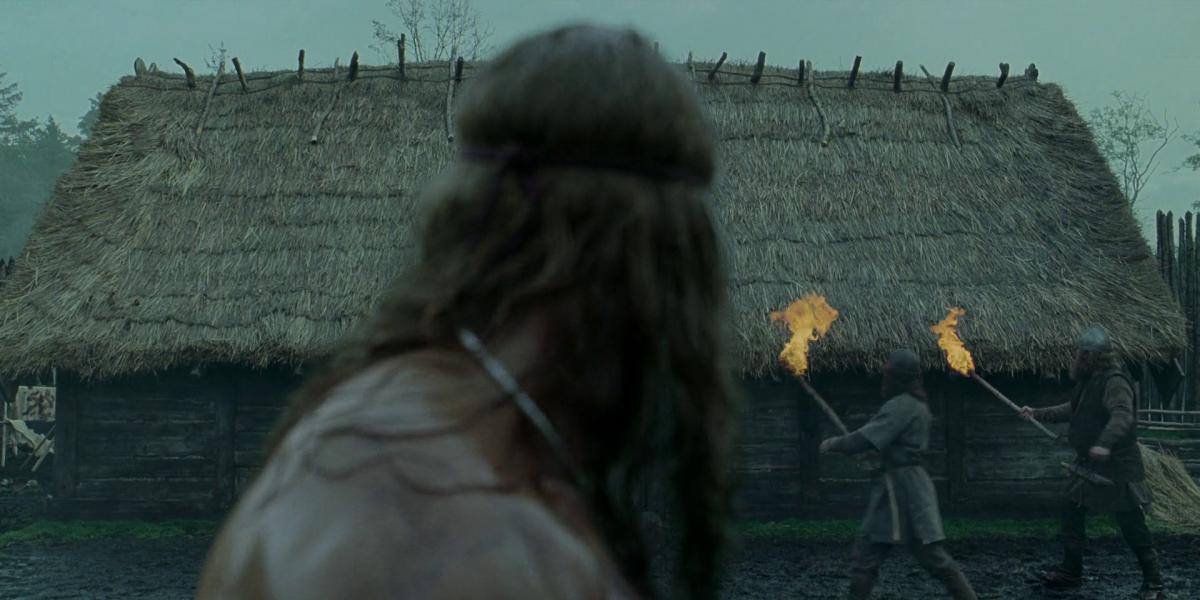Prisma #50

In the first half of The Northman (2022) – Robert Eggers’s rendering of the original Hamlet saga – viewers are witness to a massacre. The year is 900 AD. A band of Vikings has breached a walled enclosure in the Russian river delta; clad in their wolf skins, they embark on a grisly rampage wielding torches, arrows, and axes. At the end of the raid, after salvaging the loot and inspecting men for a slave auction, the marauders gather the women and children in a barn. They barricade the door. A momentary silence is followed by a timid but distraught howl: the first volley of burning arrows lands on the thatched roof and the building catches fire. Visually, Eggers’s scene is an explicit reference to the closing sequences of Come and See (1981), the Soviet war film on Hitler's ‘Operation Barbarossa’. In the latter an SS regiment also captures a village in the Ukraine, chases inhabitants into a granary and sets the building ablaze using flamethrowers. The parallels between the scenes are clear. We observe the same “blond beasts”, the same women and children, the same torches, the similarly helpless weeping. On both counts we become witnesses to murder. In a film treating historical myth, however, a risk of trivialising the violence also arises in The Northman: such simply were the horrors of 900 AD, any historian might tell us. Yet Eggers also refuses to naturalise his raid. The agony of the villagers in both 900 and 1942 remains unbearable and obstinate. Here is a desperation resistant to any form of historical habituation, any intellectual relativism. The Vikings of 900 also appear as fascists, figures by no means “natural” in the artistry of their violence, never simply historical artefact. The referential play in The Northman also reveals the more profound scandal in Come and See: the sense of surprise of the women and children in 1942, born in a century which would have abolished such violence and no longer knew any Vikings. Behind the barn of 900 there emerges the barn of 1942, even more human – and even further beyond endurance.
The Prisma section section was originally created in 2017 in collaboration with Filmmagie.

